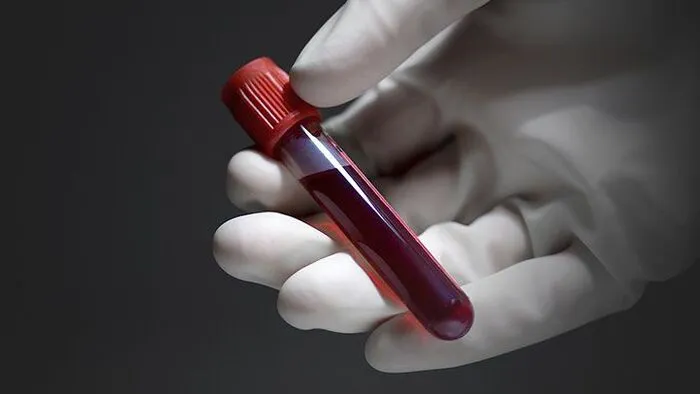Greetings readers of Medchunk.com! Today, let’s delve deeper into the captivating realm of blood tests and uncover the nuances that distinguish plasma from serum.
Plasma: The charismatic lead actor
Think of plasma as the charismatic lead actor. It’s a mixture of water, electrolytes, hormones, metabolic waste products, and a medley of proteins. Plasma is a bit of a multitasker – it’s both the glue that prevents us from leaking when we get a paper cut and the valiant guardian that deploys antibodies to thwart any malicious invaders. If blood were a blockbuster movie, plasma would undoubtedly play the role of the versatile protagonist.
Now, the process of obtaining plasma for testing is quite the spectacle. We pop a blood sample into a centrifuge, spin it around like a roller coaster, and voilà – the blood cells settle down at the bottom, leaving the plasma floating on top. It’s like a party where the lively dancers (blood cells) decide to take a break, allowing the rockstar singer (plasma) to steal the show. Plasma takes center stage when we’re investigating blood sugar levels, cholesterol, or those tricky electrolyte imbalances.
Serum: The Quiet Achiever
Enter serum – the unsung hero of our blood analysis. Serum is the tranquil pond that forms after the blood sample has clotted and the showbiz clotting factors have done their dance. This unassuming liquid is stripped of the grandeur of plasma but compensates with its straightforward, candid insights. Think of serum as your trusty friend who always knows the right thing to say in any situation.
Serum is a medical detective’s delight, offering valuable information about the chemicals your body produces, metabolizes, and houses. If we’re on a mission to understand how your liver or kidneys are faring, or if we’re hunting for specific antibodies, serum becomes our Sherlock Holmes. Its simplicity lends itself well to testing, presenting a clear and unobstructed snapshot of your overall health.
Contrasting the Two: Drama vs. Simplicity
Imagine plasma as a bustling marketplace, with various ingredients haggling, trading, and making their presence known. It’s a lively, sometimes chaotic affair that provides a wealth of information. On the other hand, serum resembles a serene garden – orderly, calm, and revealing a more focused view. Both plasma and serum have their roles to play, and the choice between them hinges on the kind of medical puzzle we’re trying to solve.
In essence, selecting plasma or serum for testing is akin to choosing between a flashy Broadway musical and an introspective indie film. Each holds its unique appeal and contributes a distinct piece to the intricate mosaic of your health. Whether it’s the glamour of plasma or the simplicity of serum, both components collaborate seamlessly to arm us with the insights needed to safeguard your well-being.
What have we learned?
These components, though different in their approach, work together harmoniously to illuminate various facets of your health. So, dear readers, as you journey through life’s ever-evolving narrative, keep your curiosity alive and your blood tests updated – for both plasma’s flair and serum’s subtlety have valuable tales to tell.

